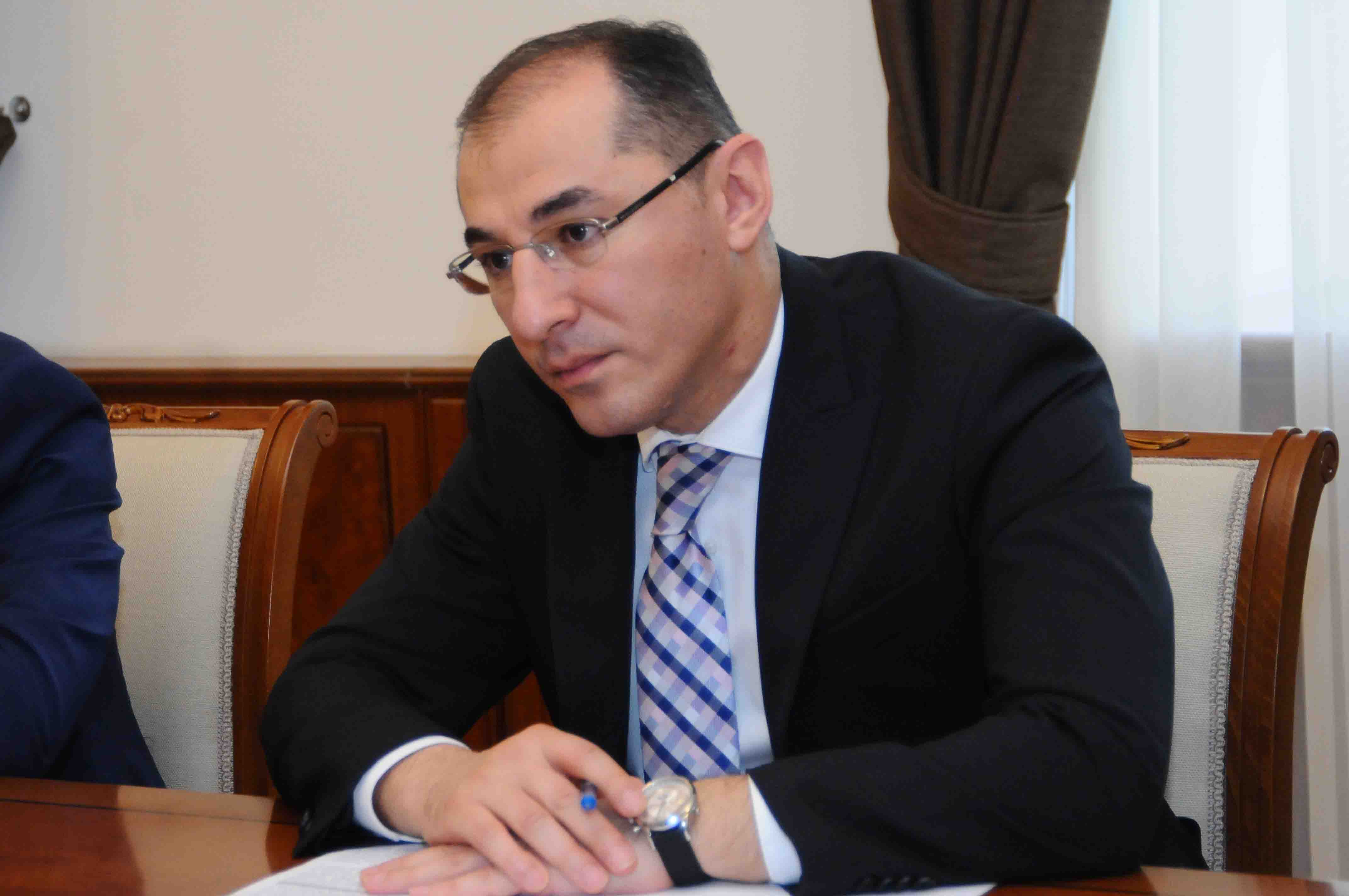


ArmInfo. Initiating the process of reforms in the sphere of state purchases, the Ministry of Finance of Armenia intends to establish equal competitive conditions for all participants in the process. Armenian Minister of Finance Vardan Aramyan stated this when answering the question of ArmInfo, commenting on the government's decision of February 8, according to which changes will be made in the order of organization of the public procurement process aimed at simplification of procedures and rules for holding tenders.
Vardan Aramyan recalled that starting in April 2017 a new order in the sphere of procurement was launched in Armenia. Implementing the new system, the Ministry of Finance adhered to 4 basic principles. First of all, the new order should stimulate healthy competition in the field of public procurement. As a result, it is expected to achieve an optimal price-quality ratio. First, it became clear that as a security for the application, unilateral application of fines against companies that violated the rules of tenders with the amount of state purchases up to 70 million AMD does not serve the stated purpose. Often, due to technical problems, this bidder withdraws from the process. Anyway, as the minister noted, the legislation provides for sanctions against the violating party to the rules of the contest - it is included in the black list for purchases. Following the results of active discussions with public organizations, in particular, with the Armenian Association of Lawyers and the anti-corruption center Transparency International, it was decided to abandon this toolkit.
In addition, as noted by the head of the financial department, sometimes there was a situation when the customer set very short delivery times - from 3 to 5 days. However, the logic suggests that order delivery, especially imported production, requires a much longer period. In this context, the Ministry of Finance decided to set a minimum period of 20 days, in order to avoid the situation when the customer establishes the obviously unrealizable terms of the contract. At the same time, the supplier is granted the right to execute the contract in a shorter time.
The Ministry of Finance also drew attention to the fact that there are no clearly regulated terms for the review and evaluation of applications. Often, the evaluation commission delayed the process for months, which caused an objective dissatisfaction with the suppliers, who suffered losses because of this. Henceforth, a time limit of 5 days from the receipt of the application and an additional 7 days are provided for the evaluation of all necessary documentation submitted by the tender consumer.
The new law "On Procurement" came into force on April 25, 2017. The law is primarily aimed at increasing the efficiency of the use of public funds and leveling corruption risks by ensuring transparency of procedures throughout the chain, creating equal competitive conditions for all participants in the process, accountability of persons participating in it and the availability of all information on the electronic platform armeps.am. As a result of the full entry into force of the new law "On Procurement", the Finance Ministry expects not only to increase the transparency of the entire system, but also to expand the range of participants in the process.
Within the framework of the measures outlined by the government program for the purpose of public procurement reform, the formal requirements creating corruption risks were eliminated, the Armenian government simplified the procedures. Instead of 7 types of public procurement in accordance with the new bill, this amount will be limited to four - e-tender, tender, quotation and purchases from one person. The procedure for conducting centralized purchases and involving the procurement process of state-owned CJSC, SNCO and Funds on an electronic platform was also approved. In order to exclude anticompetitive conditions and clash of interests, the new Law "On Public Procurements" provides for provisions to identify the affiliation of the company participating in the tender with officials, since it obliges contestants to indicate in the applications information about the real owner of the company, as well as information about affiliated companies, which had not previously been prescribed by law. If the company wins the tender, but later it turns out that she hid affiliation with a certain state official, or violated her contractual obligations, she threatens to be on the "black list" and lose the right to take part in state partners for 2 years. At the same time, this does not mean that disclosure of affiliation will lead to the company's suspension from participation in the tender. This is just a link that allows to ensure transparency of the entire system, to identify clashes of interests, as well as to eliminate possible corruption risks. In addition, affiliated persons will not be included in the composition of the competitive commission formed by the customer. In case of occurrence of a similar situation, a commission member will have to declare a rejection. In addition, the list of potential participants will be kept secret until the end from the members of the competitive commission. At the same time, all information, both for the planned tenders, and its participants, and the proposed applications will be publicly available. The law also presupposes an arbitration system.